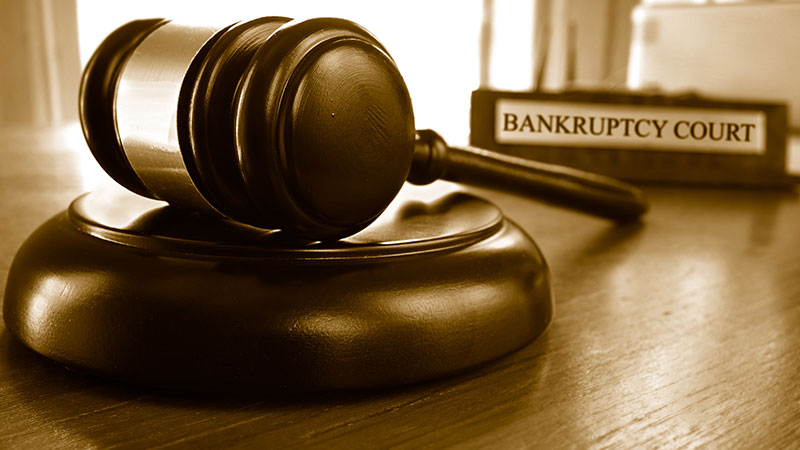A chapter 13 bankruptcy is also called a wage earner’s plan. It enables individuals with regular income to develop a plan to repay all or part of their debts. Under this chapter, debtors propose a repayment plan to make installments to creditors over three to five years.

If the debtor’s current monthly income is less than the applicable state median, the plan will be for three years unless the court approves a longer period “for cause.” If the debtor’s current monthly income is greater than the applicable state median, the plan generally must be for five years. In no case may a plan provide for payments over a period longer than five years. During this time the law forbids creditors from starting or continuing collection efforts.
A significant benefit of filing chapter 13 is that it offers individuals an opportunity to save their homes from foreclosure. By filing under this chapter, individuals can stop foreclosure proceedings and may cure delinquent mortgage payments over time. Nevertheless, they must still make all mortgage payments that come due during the chapter 13 plan on time.
